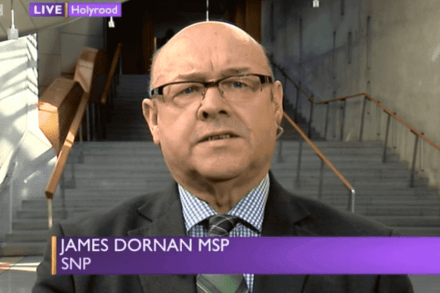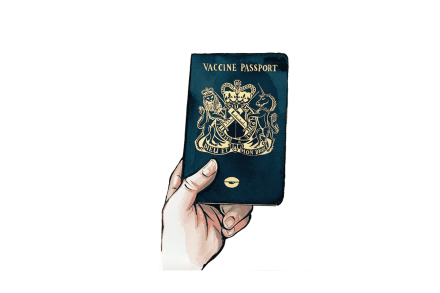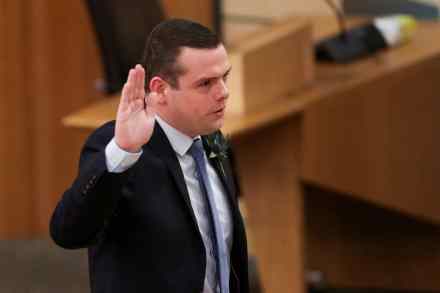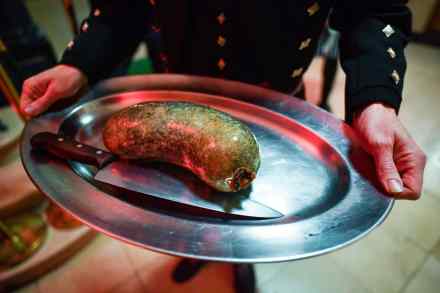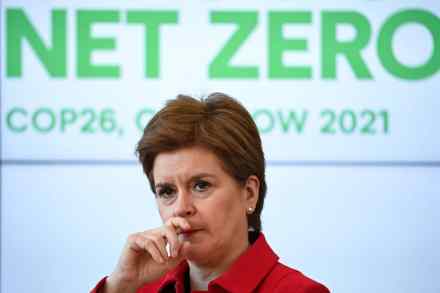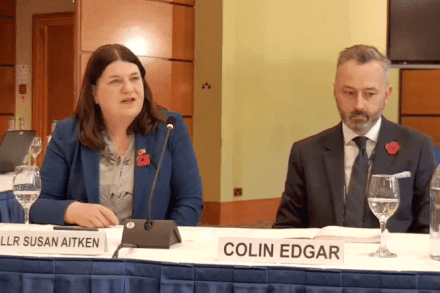Is this the beginning of the end for Nicola Sturgeon?
The SNP are holding their annual conference this weekend and, the times being what they are, it is a virtual affair. Speeches have been recorded in advance and I understand at least one cabinet minister was informed his first effort failed to meet the required standard and needed to be recorded again. Perhaps it was insufficiently boosterish. As is by now a matter of time-honoured tradition, no SNP gathering — whether in person or via video — can take place without the announcement of a fresh push for a second independence referendum. These are launched every spring and then launched again every autumn. That none of them ever produce anything





